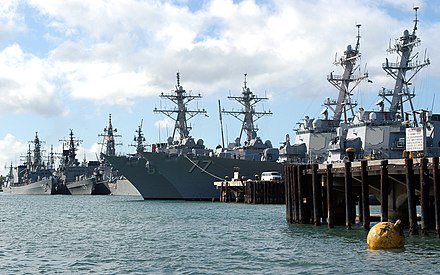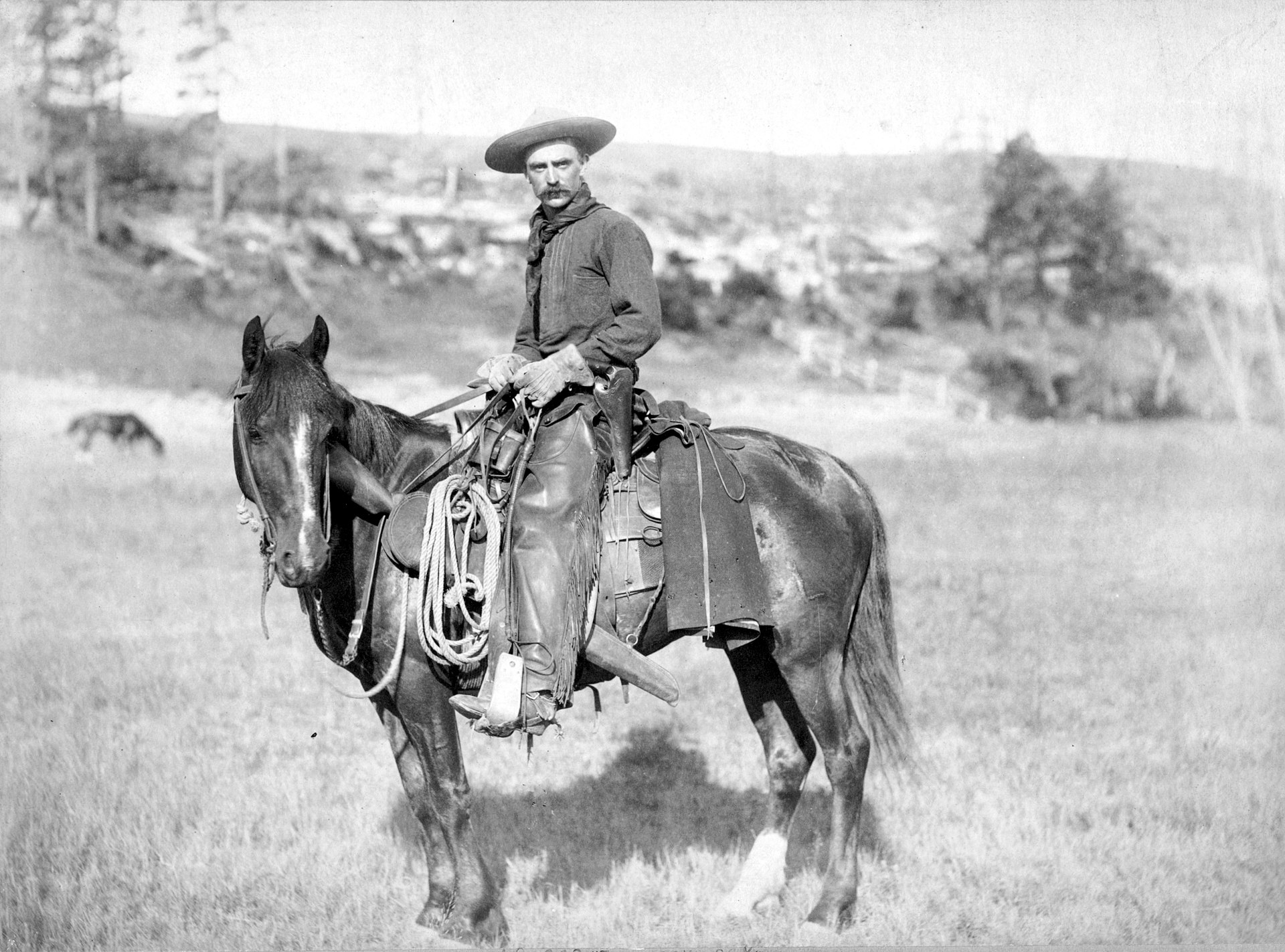Caleb Lagerwey
Caleb Lagerwey
AP US History 🇺🇸
454 resourcesSee Units
Pro-Imperialists
Those Americans who favored expansion and imperialism (the control over another group of people, usually without their consent) relied on the following arguments.
First, they saw economic opportunities and benefits to conquering places like Cuba, Hawaii, and the Philippines. The former was useful for naval bases and for growing tropical cash crops. The latter two, while useful for crops too, were seen as important coaling stations, or steam-ship stopping points, between the US and the large market of China.

Image Courtesy of Wikipedia
Second, pro-expansionists argued that the US was racially and religiously superior to the peoples they were conquering. Social Darwinism argued that the Anglo-Saxons, or super-white Northern Europeans who were Protestant and democratic, were morally, spiritually, and intellectually more advanced than the other nations of the world. Thus, they deserved to displace the Spanish (darker racially, Catholic, and less democratic) in ruling over places like the Philippines (Black, allegedly heathen, and allegedly tribal).
Third, pro-expansionists cited competition with Europeans as a reason to expand. They argued that the United States needed to keep up with the Europeans, who were experiencing their second wave of imperialism, to become and stay a major world power.
Lastly, the US had finished with westward expansion. By 1890, the frontier was effectively non-existent. Imperialists argued that the frontier was necessary as an escape for those discontented with US civilization. The frontier offered a rugged place where the US could enhance and refine its manly virtues through warfare and battles with nature. These expansionists sought new frontiers overseas in places like the Philippines.

Image Courtesy of Wikipedia
Anti-Imperialists
Anti-imperialists like Andrew Carnegie and Mark Twain fought back, forming groups like the Anti-Imperialist League.
They argued that ruling over other nations and people who didn’t want the US over them was hypocritical: the US had been a colony once itself. They specifically opposed American annexation of the Phillipines. The language of “self determination” had long been a part of US political conversations, showing the importance of voting and the consent of the governed (John Locke, anyone?).
Anti-imperialists also objected to including more land under the US flag for racial reasons. Some objected to adding more non-white people to the US under the racist assumption that these individuals could not assimilate into American society. Others believed they would not be capable of participating in US democracy or of living and striving for US ideals and values.

Image Courtesy of Wikipedia
Finally, the anti-imperialists argued that the US had a long tradition of isolationism dating back to the Washington administration. They did not want to get involved with overseas quarrels needlessly. This argument saw the US as largely self-sufficient and viewed the expansion as opening up a dangerous vulnerability. They believed that the US would be closer to competing powers and would need to expand its military defenses to include ever-larger and far-flung territories.
🎥 Watch: AP US History - American Empire Building
Browse Study Guides By Unit
🌽Unit 1 – Interactions North America, 1491-1607
🦃Unit 2 – Colonial Society, 1607-1754
🔫Unit 3 – Conflict & American Independence, 1754-1800
🐎Unit 4 – American Expansion, 1800-1848
💣Unit 5 – Civil War & Reconstruction, 1848-1877
🚂Unit 6 – Industrialization & the Gilded Age, 1865-1898
🌎Unit 7 – Conflict in the Early 20th Century, 1890-1945
🥶Unit 8 – The Postwar Period & Cold War, 1945-1980
📲Unit 9 – Entering Into the 21st Century, 1980-Present
🚀Thematic Guides
🧐Multiple Choice Questions (MCQ)
📋Short Answer Questions (SAQ)
📝Long Essay Questions (LEQ)
📑Document Based Questions (DBQ)
📆Big Reviews: Finals & Exam Prep
✍️Exam Skills (MC, SAQ, LEQ, DBQ)

© 2023 Fiveable Inc. All rights reserved.